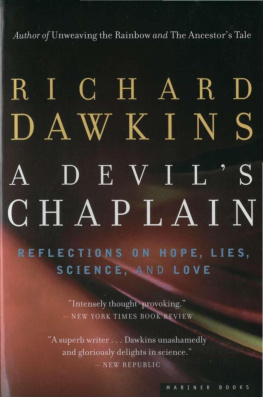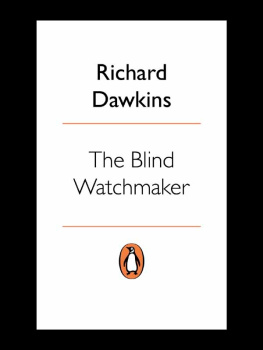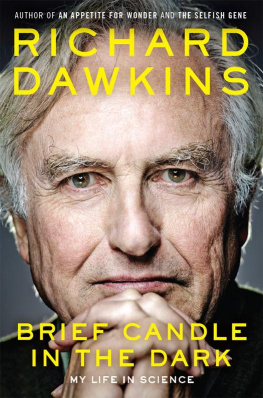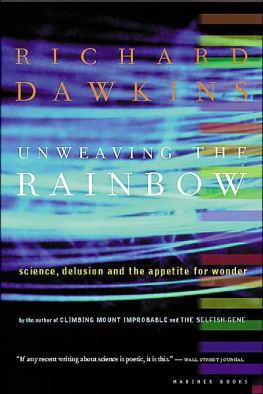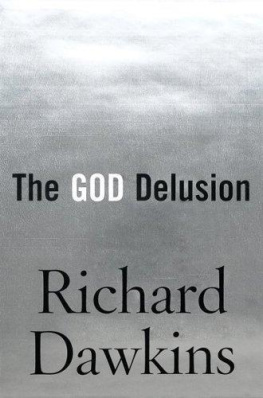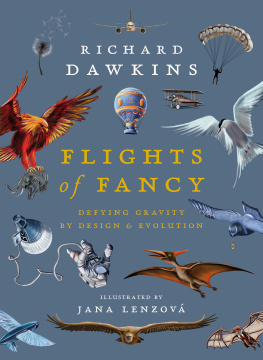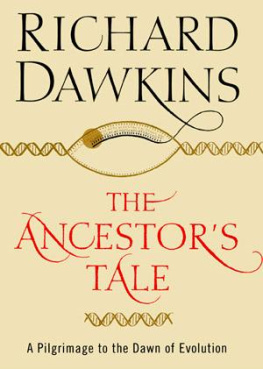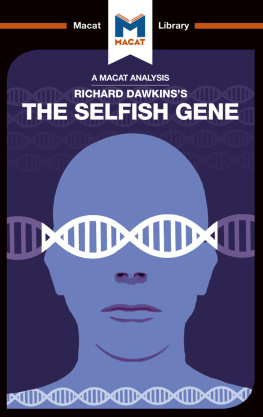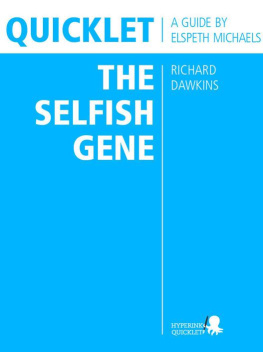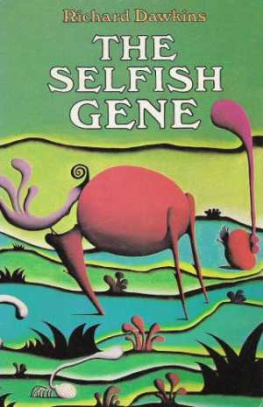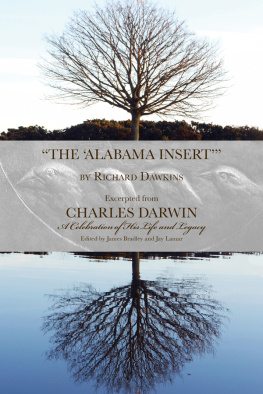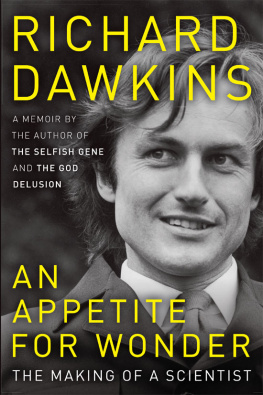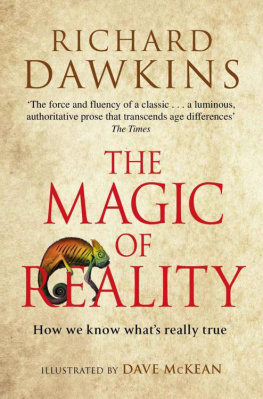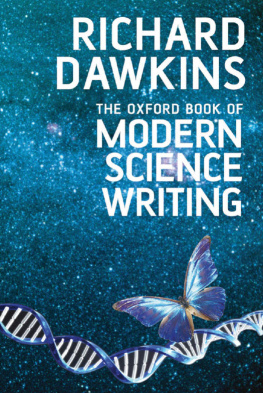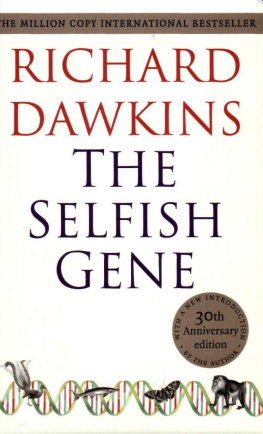3.5
Time to Stand Up
To blame Islam for what happened in New York is like blaming Christianity for the troubles in Northern Ireland!' (slightly abridged):
Now, the invention of the scientific method is, I'm sure we'll ail agree, the most powerful Intellectual Idea, the most powerful framework for thinking and investigating and understanding and challenging the world around us that there is, and it rests on the premise that any idea is there to be attacked. If it withstands the attack then it lives to fight another day, and if it doesn't withstand the attack then down it goes. Religion doesn't seem to work like that. It has certain ideas at the heart of it which we call sacred or holy or whatever. What it means is, Here is an idea or a notion that you're not allowed to say anything bad about; you're just not. Why not? because you're not! If somebody votes for a party that you don't agree with, you're free to argue about it as much as you like; everybody will have an argument but nobody feels aggrieved by it. If somebody thinks taxes should go up or down, you are free to have an argument about it. But on the other hand if somebody says, I mustn't move a light switch on a Saturday, you say, I respect that.
The odd thing is, even as I am saying that I am thinking, Is there an Orthodox Jew here who is going to be offended by the fact that I just said that? But I wouldn't have thought, Maybe there's somebody from the left wing or somebody from the right wing or somebody who subscribes to this view or the other in economics when I was making the other points. I just think, Fine, we have {156} different opinions. But the moment I say something that has something to do with somebody's (I'm going to stick my neck out here and say irrational) beliefs, then we all become terribly protective and terribly defensive and say, No, we don't attack that; that's an irrational belief but no, we respect it.
Why should it be that it's perfectly legitimate to support the Labour party or the Conservative party, Republicans or Democrats, this model of economics versus that, Macintosh instead of Windows but to have an opinion about how the Universe began, about who created the Universe ... no, that's holy? What does that mean? Why do we ring-fence that for any other reason other than that we've just got used to doing so? There's no other reason at all, it's Just one of those things that crept Into being and once that loop gets going it's very, very powerful. So, we are used to not challenging religious Ideas, but it's very interesting how much of a furore Richard creates when he does it! Everybody gets absolutely frantic about it because you're not allowed to say these things. Yet when you look at it rationally there is no reason why those ideas shouldn't be as open to debate as any other, except that we have agreed somehow between us that they shouldn't be.
Douglas is dead, but his words are an inspiration to us now to stand up and break this absurd taboo. My last vestige of hands off religion respect disappeared in the smoke and choking dust of September 11th 2001, followed by the National Day of Prayer, when prelates and pastors did their tremulous Martin Luther King impersonation and urged people of mutually incompatible faiths to hold hands, united in homage to the very force that caused the problem in the first place. It is time for people of intellect, as opposed to people of faith, to stand up and say Enough! Let our tribute to the September dead be a new resolve: to respect people for what they individually think, rather than respect groups for what they were collectively brought up to believe.
Notwithstanding bitter sectarian hatreds over the centuries (all too obviously still going strong), Judaism, Islam and Christianity have much in common. Despite New Testament watering down and other reformist tendencies, all three pay historical allegiance to the same violent and vindictive God of Battles, memorably summed up by Gore Vidal in 1998:
The great unmentionable evil at the center of our culture is monotheism. From a barbaric Bronze Age text known as the Old Testament, three anti-human religions have evolved Judaism, Christianity, and Islam. These are sky-god religions. They are, literally, patriarchal God is the Omnipotent Father hence the loathing of women for 2000 years in those countries afflicted by the sky-god and his earthly male delegates. The sky-god is a jealous god, of course. He requires total obedience from everyone on earth, as he is not just in place {157} for one tribe, but for all creation. Those who would reject him must be converted or killed for their own good.
In The Guardian of 15 September 2001, I named belief in an afterlife as the key weapon that made the New York atrocity possible. Of prior significance is religion's deep responsibility for the underlying hatreds that motivated people to use that weapon in the first place. To breathe such a suggestion, even with the most gentlemanly restraint, is to invite an onslaught of patronizing abuse, as Douglas Adams noted. But the insane cruelty of the suicide attacks, and the equally vicious, though numerically less catastrophic, revenge attacks on hapless Muslims living in America and Britain, push me beyond ordinary caution.
How can I say that religion is to blame? Do I really imagine that, when a terrorist kills, he is motivated by a theological disagreement with his victim? Do I really think the Northern Ireland pub bomber says to himself, Take that, Tridentine Transubstantiationist bastards! Of course I don't think anything of the kind. Theology is the last thing on the minds of such people. They are not killing because of religion, but because of political grievances, often justified. They are killing because the other lot killed their fathers. Or because the other lot drove their great grandfathers off their land. Or because the other lot oppressed our lot economically for centuries.
My point is not that religion itself is the motivation for wars, murders and terrorist attacks, but that religion is the principal label, and the most dangerous one, by which a they as opposed to a we can be identified at all. I am not even claiming that religion is the only label by which we identify the victims of our prejudice. There's also skin colour, language and social class. But often, as in Northern Ireland, these don't apply and religion is the only divisive label around. Even when it is not alone, religion is nearly always an incendiary ingredient in the mix as well. And please don't trot out Hitler as a counter-example. Hitler's sub-Wagnerian ravings constituted a religion of his own foundation, and his anti-Semitism owed a lot to his never-renounced Roman Catholicism.
It is not an exaggeration to say that religion is the most inflammatory enemy-labelling device in history. Who killed your father? Not the individuals you are about to kill in revenge. The culprits themselves have vanished over the border. The people who stole your great grandfather's land have died of old age. You aim your vendetta at those who belong to the same religion as the original perpetrators. It wasn't Seamus who killed your brother, but it was Catholics, so Seamus deserves to die in return. Next, it was Protestants who killed Seamus so let's go out and kill some Protestants in revenge. It was Muslims who destroyed the World Trade Center, so let's set upon the turbaned driver of a London taxi and leave him paralysed from the neck down.
The bitter hatreds that now poison Middle Eastern politics are rooted in the real or perceived wrong of the setting up of a Jewish State in an Islamic region. In view of all that the Jews had been through, it must have seemed a fair and humane solution. Probably deep familiarity with the Old Testament had given the European and American decision-makers some sort of idea that this really was the historic homeland of the Jews (though the horrific biblical stories of how Joshua and others conquered their

